7 Colleges That Shaped Icons (and Let You Walk Their Path)
In the tapestry of human achievement, the collegiate paths of illustrious figures often serve as the loom upon which their legacies are woven. These academic institutions are more than mere backdrops; they are crucibles of inspiration where raw potential is refined into world-changing prowess. As we embark on this journey, exploring the collegiate paths that molded 7 icons, we delve into the heart of the environments that nurtured their genius. Each institution, with its unique history and culture, has left an indelible mark on these luminaries, offering a glimpse into the transformative power of education. Let's begin!
1. Harvard University: The Cradle of Leadership
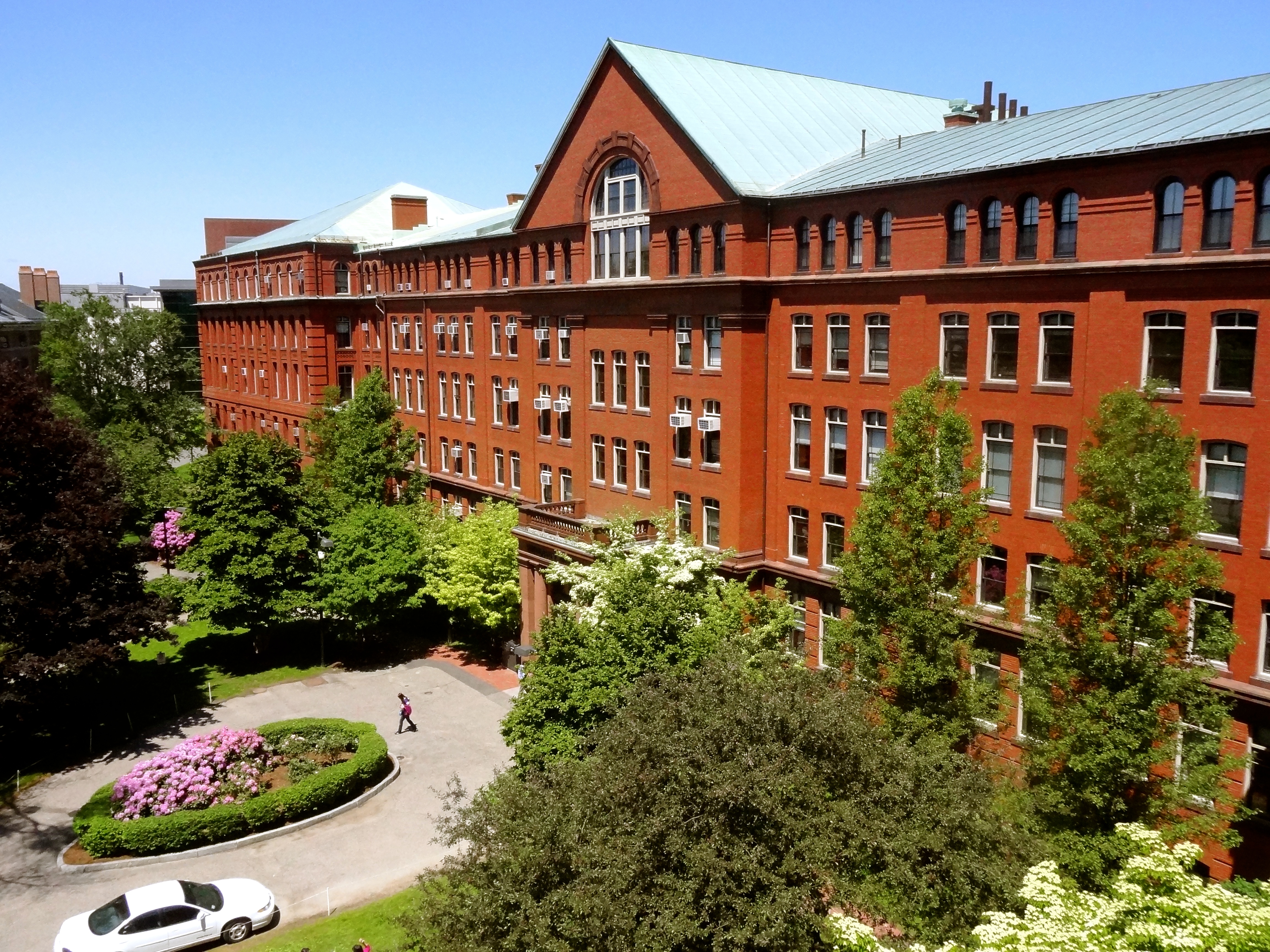
Harvard University, with its storied history and unparalleled academic reputation, has long been a breeding ground for leaders who have shaped the world. Among its distinguished alumni is John F. Kennedy, the 35th President of the United States, whose time at Harvard was instrumental in honing his leadership skills and shaping his worldview. Kennedy's Harvard experience was marked by rigorous academic challenges, exposure to diverse perspectives, and engagement in vibrant political discourse, all of which prepared him for the complexities of national and international leadership. The intellectual rigor of Harvard's curriculum, combined with its emphasis on critical thinking and debate, provided Kennedy with a solid foundation for his future endeavors. The university's commitment to fostering a spirit of inquiry and exploration encouraged him to question conventional wisdom and seek innovative solutions to pressing challenges. In addition to his academic pursuits, Kennedy was deeply involved in extracurricular activities, including the Harvard Crimson, where he honed his communication skills and developed a keen understanding of media and public opinion. Harvard's rich tradition of fostering leadership is evident not only in Kennedy's journey but also in the countless other alumni who have gone on to make significant contributions in various fields. The university's emphasis on cultivating a sense of social responsibility and ethical leadership has inspired generations of students to strive for excellence and use their talents to effect positive change.
2. Oxford University: The Nexus of Intellectual Exploration
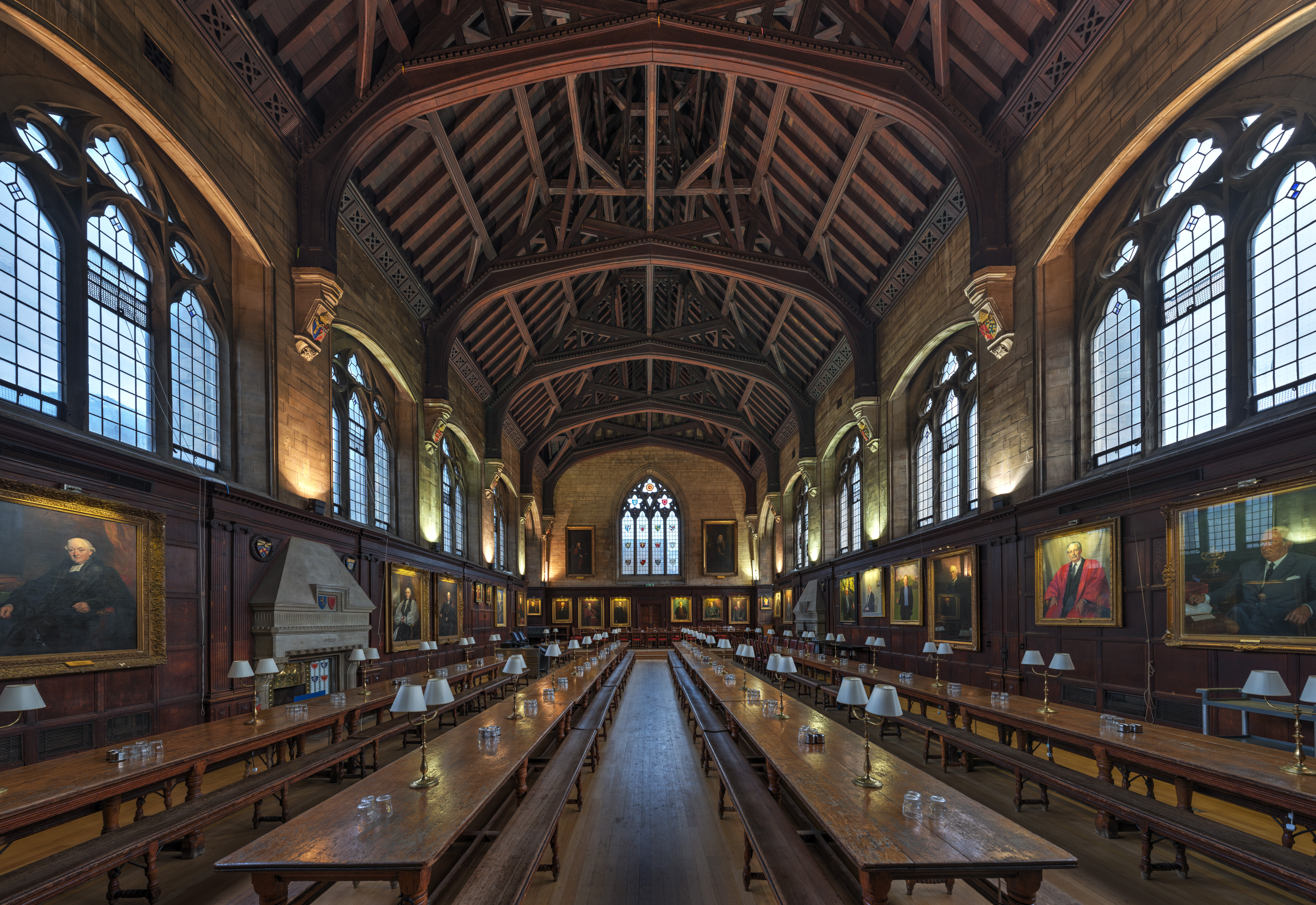
Oxford University, with its centuries-old tradition of academic excellence, has been a beacon of intellectual exploration for countless scholars and leaders. One such icon is J.R.R. Tolkien, whose time at Oxford profoundly influenced his literary career and led to the creation of the beloved Middle-earth saga. Oxford's rich academic environment, steeped in history and tradition, provided Tolkien with the inspiration and resources needed to craft his intricate and imaginative worlds. The university's emphasis on interdisciplinary study and intellectual curiosity allowed Tolkien to delve into a wide range of subjects, from philology to mythology, which would later inform his writing. Oxford's vibrant community of scholars and thinkers offered him a wealth of perspectives and ideas, fostering a spirit of creativity and innovation. The university's libraries, with their vast collections of ancient texts and manuscripts, served as a treasure trove of inspiration for Tolkien's literary endeavors. Tolkien's experience at Oxford highlights the university's role as a crucible of creativity, where the boundaries of knowledge are continually pushed and new ideas are born. The institution's commitment to fostering a spirit of inquiry and exploration has inspired generations of writers, scientists, and thinkers to pursue their passions and make groundbreaking contributions to their fields.
3. Stanford University: The Incubator of Innovation
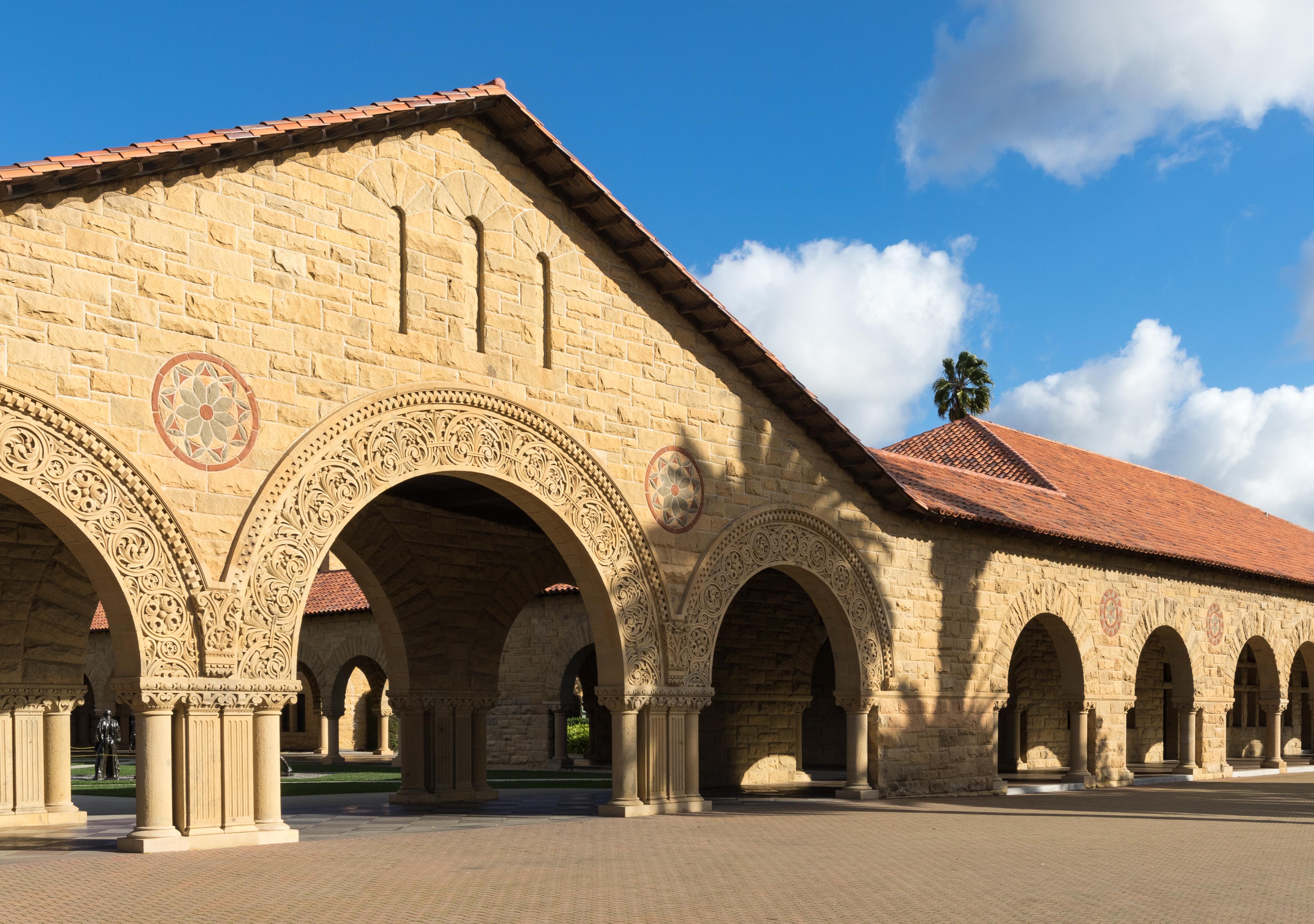
Stanford University, nestled in the heart of Silicon Valley, has long been synonymous with innovation and entrepreneurship. Among its notable alumni is Sergey Brin, co-founder of Google, whose time at Stanford was instrumental in the development of the search engine that revolutionized the way we access information. Stanford's unique blend of academic excellence, entrepreneurial spirit, and proximity to cutting-edge technology provided Brin with the ideal environment to bring his visionary ideas to life. The university's emphasis on interdisciplinary collaboration and hands-on learning encouraged Brin to explore the intersection of computer science and information retrieval, leading to the creation of the PageRank algorithm. Stanford's culture of innovation, characterized by a willingness to take risks and challenge the status quo, empowered Brin to pursue his ambitious vision and disrupt the established norms of the tech industry. The university's close ties to the burgeoning tech ecosystem of Silicon Valley provided him with invaluable resources and mentorship opportunities, further fueling his entrepreneurial journey. Brin's experience at Stanford underscores the university's role as a catalyst for innovation, where students are encouraged to think big and pursue bold ideas. The institution's commitment to fostering a spirit of entrepreneurship and creativity has inspired countless students to push the boundaries of what is possible and make transformative contributions to the world.
4. Yale University: The Forge of Artistic Excellence
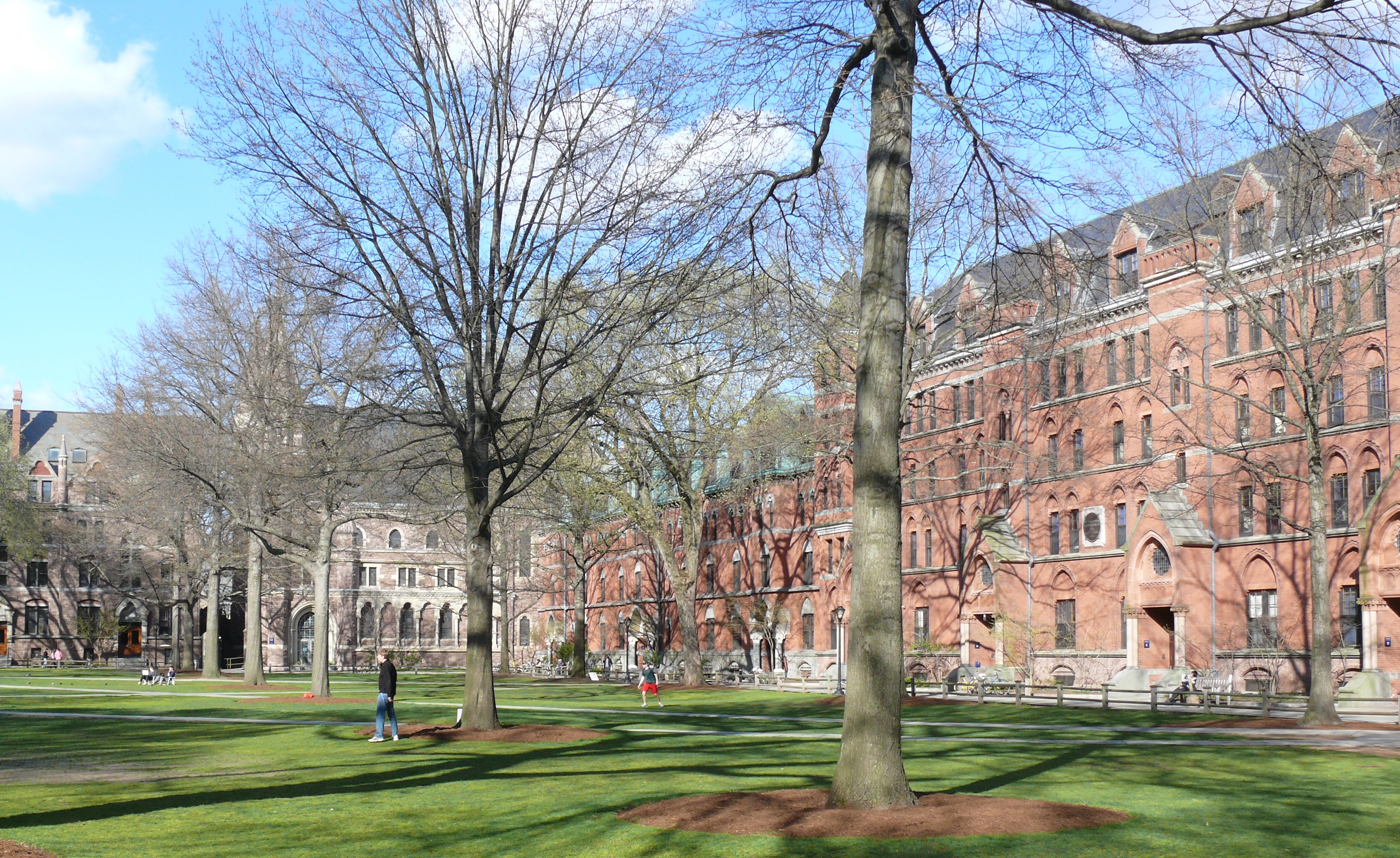
Yale University, with its rich tradition of artistic and intellectual excellence, has been a nurturing ground for many creative luminaries. Among them is Meryl Streep, one of the most celebrated actresses of our time, whose time at Yale's School of Drama was pivotal in honing her craft and launching her illustrious career. Yale's vibrant arts community, coupled with its rigorous training programs, provided Streep with the foundation she needed to become a masterful storyteller and performer. The university's emphasis on collaboration and experimentation allowed Streep to explore a wide range of roles and theatrical styles, pushing the boundaries of her artistic expression. Yale's commitment to fostering a supportive and challenging environment encouraged her to take risks and embrace the complexities of her characters, leading to the development of her signature versatility and depth as an actress. The university's network of esteemed faculty and alumni offered invaluable mentorship and guidance, helping Streep navigate the intricacies of the performing arts industry. Streep's experience at Yale highlights the university's role as a forge of artistic excellence, where creativity is nurtured and celebrated. The institution's dedication to cultivating a spirit of exploration and innovation has inspired countless artists to pursue their passions and make significant contributions to the cultural landscape.
5. Massachusetts Institute of Technology: The Engine of Scientific Breakthroughs
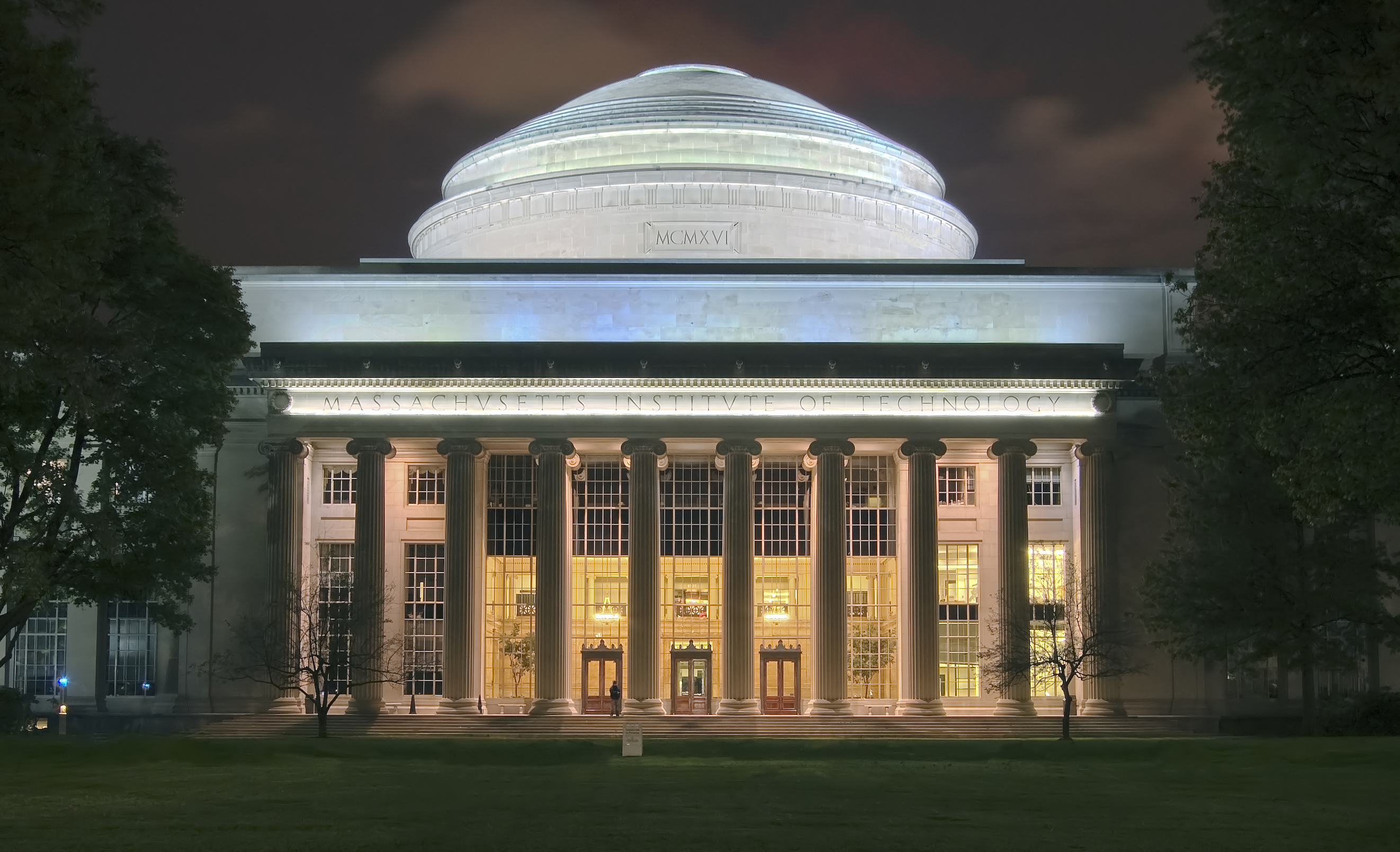
The Massachusetts Institute of Technology (MIT), renowned for its cutting-edge research and technological advancements, has been a driving force behind many scientific breakthroughs. Among its distinguished alumni is Kofi Annan, former Secretary-General of the United Nations, whose time at MIT's Sloan School of Management was instrumental in shaping his approach to global leadership and diplomacy. MIT's rigorous academic environment, characterized by a commitment to innovation and problem-solving, provided Annan with the tools he needed to navigate the complexities of international relations. The university's emphasis on interdisciplinary collaboration and practical application of knowledge encouraged Annan to explore the intersection of technology and policy, leading to the development of innovative solutions to global challenges. MIT's culture of intellectual curiosity and exploration empowered him to think critically and creatively, fostering a spirit of leadership that would later define his tenure at the United Nations. The university's network of esteemed faculty and alumni provided invaluable mentorship and support, helping Annan navigate the intricacies of global governance. Annan's experience at MIT underscores the university's role as an engine of scientific breakthroughs, where students are encouraged to push the boundaries of knowledge and pursue transformative ideas.
6. University of Cambridge: The Beacon of Philosophical Inquiry
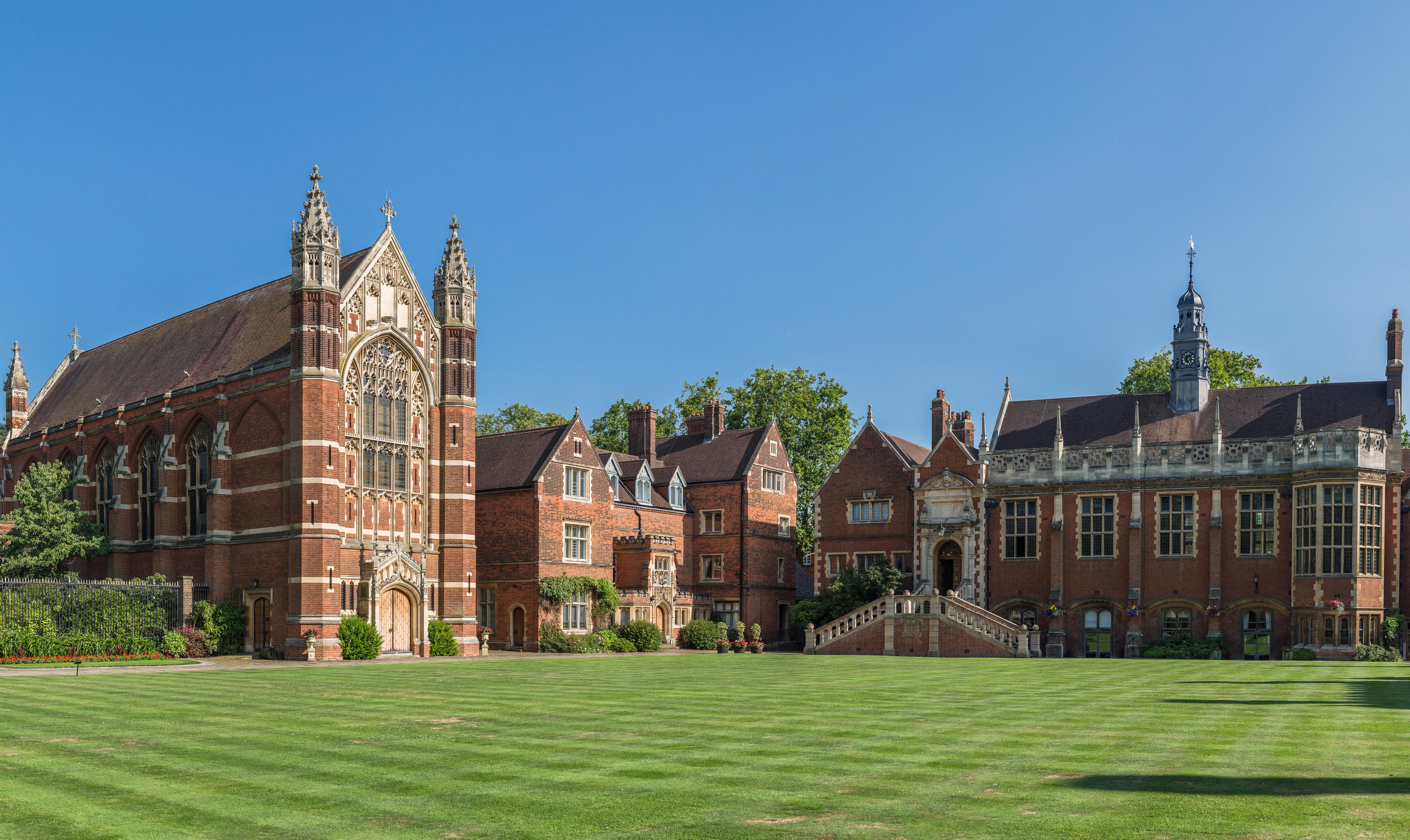
The University of Cambridge, with its rich tradition of philosophical inquiry and intellectual exploration, has been a beacon of enlightenment for many great thinkers. Among them is Stephen Hawking, whose time at Cambridge's Department of Applied Mathematics and Theoretical Physics was pivotal in shaping his groundbreaking contributions to our understanding of the universe. Cambridge's rigorous academic environment, characterized by a commitment to excellence and innovation, provided Hawking with the ideal setting to pursue his passion for theoretical physics. The university's emphasis on interdisciplinary study and intellectual curiosity allowed Hawking to explore the frontiers of cosmology and quantum mechanics, leading to the development of his revolutionary theories on black holes and the nature of time. Cambridge's vibrant community of scholars and thinkers offered him a wealth of perspectives and ideas, fostering a spirit of creativity and discovery. The university's network of esteemed faculty and alumni provided invaluable mentorship and support, helping Hawking navigate the complexities of his research. Hawking's experience at Cambridge highlights the university's role as a beacon of philosophical inquiry, where the boundaries of knowledge are continually pushed and new ideas are born. The institution's commitment to fostering a spirit of exploration and innovation has inspired generations of scientists and thinkers to pursue their passions and make groundbreaking contributions to their fields.
7. University of Chicago: The Nexus of Economic Thought
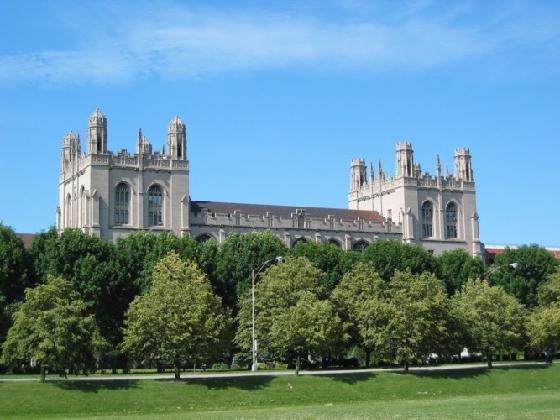
The University of Chicago, renowned for its rigorous academic programs and influential economic thought, has been a nexus of intellectual exploration for many great minds. Among its notable alumni is Milton Friedman, whose time at the university was instrumental in shaping his groundbreaking contributions to economic theory and policy. The University of Chicago's emphasis on critical thinking and empirical research provided Friedman with the foundation he needed to challenge conventional wisdom and develop his influential theories on monetary policy and free-market economics. The university's culture of intellectual rigor and debate encouraged Friedman to explore the complexities of economic systems and question prevailing assumptions, leading to the development of his revolutionary ideas on inflation and government intervention. The University of Chicago's vibrant community of scholars and thinkers offered him a wealth of perspectives and ideas, fostering a spirit of innovation and discovery. The university's network of esteemed faculty and alumni provided invaluable mentorship and support, helping Friedman navigate the intricacies of economic research. Friedman's experience at the University of Chicago underscores the institution's role as a nexus of economic thought, where students are encouraged to push the boundaries of knowledge and pursue their own ideas.
As we conclude our exploration of the collegiate paths that molded 7 icons, we are reminded of the profound impact that academic institutions have on shaping the leaders, thinkers, and creators of tomorrow. Each institution, with its unique history and culture, has played a pivotal role in nurturing the genius and potential of these luminaries, offering a glimpse into the transformative power of education. The shared traits that bind these institutions together—a commitment to excellence, a fostering of creativity, and an unwavering dedication to the pursuit of knowledge—serve as a testament to the enduring legacy of academia in shaping the course of history.








